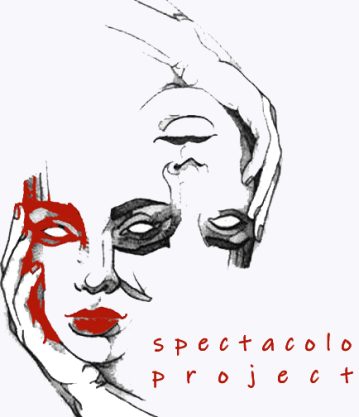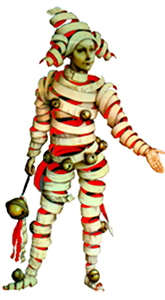
Objectives
Apart from the actors and the theater director, there are many other people who work in the theater. These include:
- Sound designers
- Light designers
- Video art technicians
- Stage and costume designers
- Makeup artists
- and people who work with on-demand and live streaming events.
These jobs are necessary for creating a high-quality show that could help the local economy grow and bring theater to more countries, especially with the help of new digital technologies. But people who work in these fields almost never get practical training related to theater.
According to a 2018 study by Creative and Cultural Skills, “a lack of workforce training and continuous professional development” is to blame for skills shortages and gaps in the creative industries. Light designers are often electricians, costume designers work in a general fashion sector, people who are in charge of broadcasting, if they exist, are skilled in technology, and so on.
However, theater and performances need specific skills to be successful. People who work in these fields in theater usually learn on the job, which takes a lot of time and work.
More theater performances have been held online and digital tools have been used more in the arts and society since the COVID-19 pandemic. This means that people who work in the theater industry, especially in Africa but also in Europe, have a great chance to reach more people by taking their productions to other countries. This will create a lot more job opportunities in the field since theater is a field where many different jobs work together. For a show to meet these standards, however, theater professionals like the ones listed above must have the right skills to help. They should be able to get these skills from vocational education, but right now, they don’t. Also, vocational education, especially in Africa, can’t move quickly enough to meet new needs in the job market. This is because many things need to be fixed, such as using digital tools, using quality standards, and getting the job market more involved in the design of vocational training programs.
Therefore, taking these things into account, the project’s specific goals are:
- Development of the theater-specific skills needed for the jobs listed
- Bring the vocational schooling for theater professionals up to date.
- Make more connections between VET and the job market in the field of theater jobs.
These objectives correspond entirely to the specific objectives of the program.


